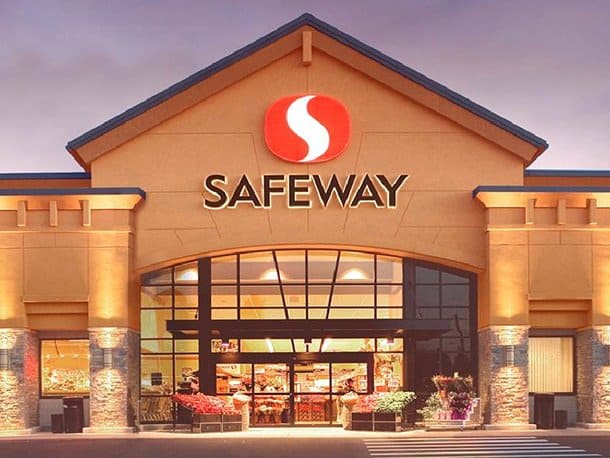Jacob Denz is a student at Harvard Law School
Working class life is killing Americans, according to The New York Times. For example, the overall death rate for non-Hispanic whites without college degrees aged 45-54 has increased dramatically since the 1990’s, driven in part by a near doubling in the rate of “deaths of despair” caused by suicide, drug overdose, or alcoholism. Economists Anne Case and Angus Deaton, whose book Deaths of Despair and the Future of Capitalism presents this phenomenon, argue that a number of causes have contributed to this inhumane states of affairs, including stagnation of middle-class incomes, the United States’ inefficient and unequal health care system, and an unstable relationship to the workplace that has psychological as well as material ramifications. To improve the condition of life for working-class Americans, Case and Deaton propose fundamental reform to the nation’s health care system, enforcement of antitrust laws and promotion of labor unions, and greater access to college education, which they argue offers benefits apart from merely serving as a class marker.
Tesla omitted hundreds of injuries at its main assembly plant from records it sent to California regulators, Bloomberg News reports. California’s Division of Occupational Safety and Health (Cal/OSHA) cited the company for omitting the injuries that occurred at its Fremont, California plant. Tesla CEO Elon Musk had touted Cal/OSHA’s reviews in response to concerns about plant conditions in an October 2018 call with investors, and last month Tesla claimed that regulatory review had shown Tesla’s record-keeping to be 99% accurate. Tesla’s misrepresentations recall concerns that the company gave the National Highway Traffic Safety Administration incomplete data concerning its driver-assistance platform Autopilot in 2017.
A report by Josh Bivens of the Economic Policy Institute argues that a “Medicare for All” single-payer health care system would have a positive impact on the U.S. labor market. By relieving employers of the burden of health care coverage for employees, Medicare for All would boost wages and encourage small business growth. Employees who did not have to rely on their employers for health insurance would be freer to move between jobs, and greater access to health care would result in net job creation driven by new jobs for workers providing health care. Meanwhile, concerns about displacement of workers in sectors such as health insurance have been exaggerated, although Bivens stresses the importance of a just transition for these workers.
The U.S. Department of Labor is set to introduce a new rule designed to expand apprenticeship programs next week, Bloomberg Law’s Daily Labor Report recounts. The rule aims to expand such programs by allowing business and industry groups to self-certify that they meet the requirements for federal funding. The new rule omits the construction industry in response to building trades union concerns about competition with apprenticeship programs co-run between the unions and the industry. The DOL signaled that it expects this portion of the rule to be challenged in court by construction industry groups.
Workers in the D.C. metro area represented by United Food and Commercial Workers Local 400 reached collective bargaining agreements with Safeway and Giant, the union announced Thursday. The agreements guarantee full funding of pension benefits for current employees and retirees, protect workers’ health care, and provide for wage increases above minimum wage. The agreement came shortly before a strike vote that could have affected thousands of workers, POLITICO reports.






Daily News & Commentary
Start your day with our roundup of the latest labor developments. See all
February 13
Sex workers in Nevada fight to become the nation’s first to unionize; industry groups push NLRB to establish a more business-friendly test for independent contractor status; and UFCW launches an anti-AI price setting in grocery store campaign.
February 12
Teamsters sue UPS over buyout program; flight attendants and pilots call for leadership change at American Airlines; and Argentina considers major labor reforms despite forceful opposition.
February 11
Hollywood begins negotiations for a new labor agreement with writers and actors; the EEOC launches an investigation into Nike’s DEI programs and potential discrimination against white workers; and Mayor Mamdani circulates a memo regarding the city’s Economic Development Corporation.
February 10
San Francisco teachers walk out; NLRB reverses course on SpaceX; NYC nurses secure tentative agreements.
February 9
FTC argues DEI is anticompetitive collusion, Supreme Court may decide scope of exception to forced arbitration, NJ pauses ABC test rule.
February 8
The Second Circuit rejects a constitutional challenge to the NLRB, pharmacy and lab technicians join a California healthcare strike, and the EEOC defends a single better-paid worker standard in Equal Pay Act suits.